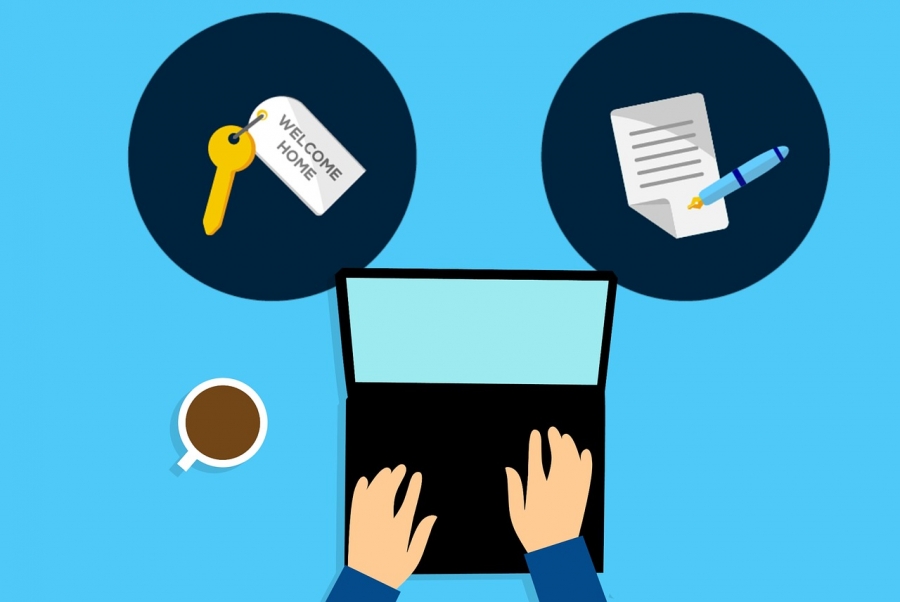Sounds like a pretty good idea, doesn’t it? Take a break from making this month’s mortgage payment plus skipping the next one? Who wouldn’t want that? But let’s take a closer look at what actually goes on with those payments during a refinance transaction.
First, let’s understand that mortgage payments are made in arrears. It’s the opposite of a rent payment. When renting, you’re actually paying for the month you’re about to live in. With a mortgage, you’re paying for the month you just lived in. For instance, you make your mortgage payment on the first of the month, but the payment is for accrued interest from the previous month.
You might have noticed this when you first bought and financed your home with an entry on your settlement statement noting “prepaid interest” and a range of dates. If you closed on the 25th of the month, the interest collected would be from March 25 – March 31. That would amount to seven days of interest collected at your closing. But here’s where the “skip” part comes in- because you made your first payment of seven days and because interest is paid in arrears, you don’t have to make your first payment on the first of the next month because you already paid it at your closing. You paid seven days. You didn’t really skip anything, you just paid it ahead of time.
Now look at a refinance. When your new lender seeks out a payoff from the old lender, the payoff amount will be the principal balance plus interest that has accrued for the current month. Let’s look again at closing on the 25th. The payoff will include the outstanding loan balance plus unpaid interest. Because refinances require a three-day rescission period before funding, the loan would fund on three days later. In this example, the loan would fund three business days after the 25th. Borrowers have a right to change their minds for pretty much any reason whatsoever up until midnight on the third business day after signing closing documents. The rescission can’t be waived, even if you’re completely satisfied with your loan and wondering why there’s a wait.
If your refinance funds on the 29th for example, the payoff will include the outstanding loan balance from the old lender of 29 days and 2 days for prepaid interest for the following month. This is the two months’ worth of skipping payments. Yes, you did make your mortgage payments, it’s just not paid directly out of your pocket like a regular monthly payment. Instead, it’s included in your new loan amount. Borrowers certainly have the right to not include interest in arrears and prepaid interest in the final loan amount, but most do. It’s your choice.
But if you hear of a loan officer talking to you about refinancing and the loan officer mentions you get to skip two payments, while it sounds good it’s really not the case. You made those two payments, just in a different way. Still, though, your pocketbook will feel a little heavier because you didn’t have to make those two payments from your own bank account.






